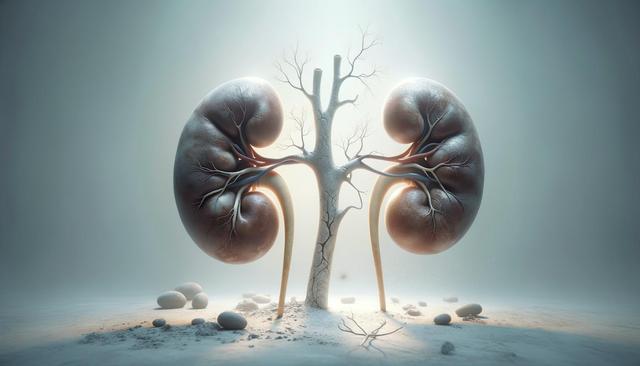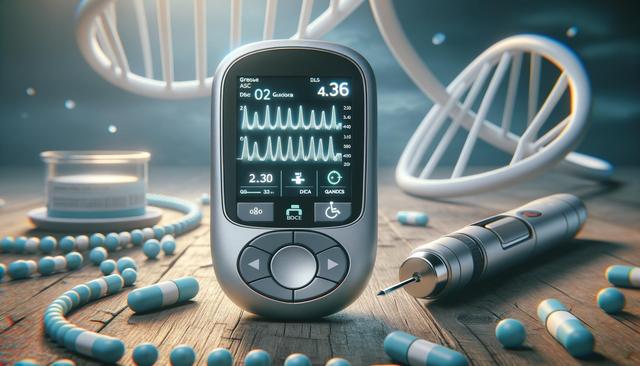Understanding the Silent Signals of Kidney Failure
Kidney failure is often referred to as a “silent” condition because it can progress with few noticeable symptoms in the early stages. Recognizing the 3 silent signs of kidney failure that need urgent care can make a critical difference in treatment outcomes. These signs may include persistent fatigue, swelling in the lower extremities, and changes in urination patterns. Since these symptoms may overlap with other health issues, they are often overlooked. However, when these signs appear together or worsen over time, it’s important to seek medical evaluation immediately.
The kidneys filter waste and excess fluids from the blood, and when they begin to fail, these toxic substances start accumulating in the body. This can subtly affect energy levels and physical health. The key is not to ignore mild but recurring symptoms, especially in individuals with existing risk factors such as diabetes or hypertension.
How Swelling and Fatigue Relate to Kidney Decline
Swelling, medically known as edema, is a common symptom related to kidney issues. When the kidneys are not functioning properly, they can’t remove extra fluid effectively, causing it to accumulate in tissues. Common areas where swelling occurs include:
- Feet and ankles
- Lower legs
- Hands and face
Fatigue is another frequent complaint of those with early kidney problems. As the kidneys fail, they are less able to produce erythropoietin, a hormone that stimulates red blood cell production. This can lead to anemia, which in turn causes tiredness, weakness, and decreased stamina. Recognizing how swelling and fatigue relate to kidney decline is important for catching the condition before it progresses further.
Urine Changes as Early Indicators
Monitoring changes in urination can provide valuable clues about kidney health. Some urine changes that could indicate kidney issues include:
- Foamy or bubbly urine, which may suggest protein leakage
- Dark or brown-colored urine, potentially indicating blood presence
- Frequent urination, especially at night
- Pain or difficulty during urination
These signs are often dismissed or attributed to temporary conditions like dehydration or infections. However, persistent or worsening symptoms should be evaluated by a healthcare provider. Early detection can help slow the progression of kidney damage through lifestyle adjustments and medication, if necessary.
Hydration, Diet, and Kidney Support
Proper hydration and nutrition play a pivotal role in maintaining kidney health. Following hydration and diet tips for kidney support can help reduce strain on the kidneys and promote overall function. Key strategies include:
- Drinking adequate water daily, unless otherwise directed by a doctor
- Limiting sodium intake to help control blood pressure
- Reducing protein consumption if advised, as excess protein can burden the kidneys
- Increasing intake of fruits and vegetables that are low in potassium and phosphorus
It’s also essential to avoid overuse of over-the-counter pain relievers known to affect kidney function. Staying informed and consulting with a registered dietitian or nephrologist can help tailor a kidney-friendly plan that suits individual health needs.
The Importance of Early Testing and Blood Pressure Management
For individuals with risk factors such as high blood pressure, diabetes, or a family history of kidney disease, early kidney tests for high risk patients are a vital part of preventive care. These tests may include urine analysis, blood tests for creatinine and glomerular filtration rate (GFR), and imaging if necessary. Regular monitoring helps detect issues before they progress to more serious stages.
Managing blood pressure is equally critical. Understanding how blood pressure affects kidney health is essential for prevention. High blood pressure can damage the kidney’s blood vessels, reducing their ability to filter waste effectively. Controlling blood pressure through medication, diet, and exercise can significantly lower the risk of kidney failure and related complications.
Key actions include:
- Monitoring blood pressure regularly
- Taking prescribed medications consistently
- Reducing salt intake and managing stress
- Engaging in regular physical activity




Leave a Reply